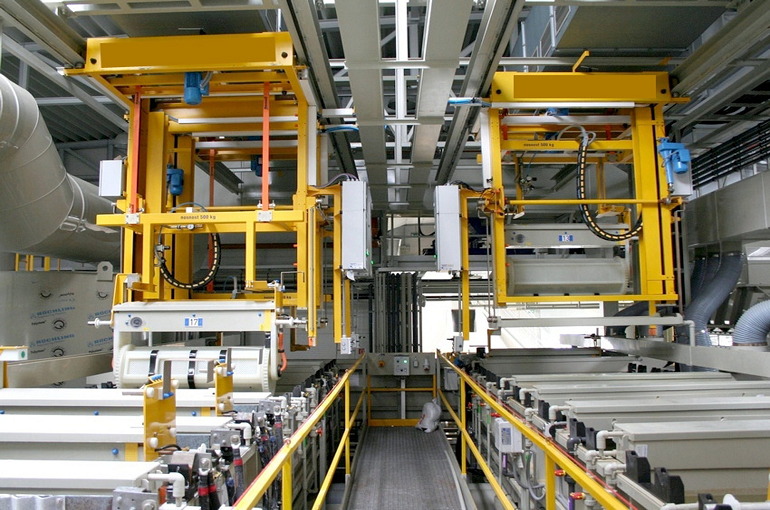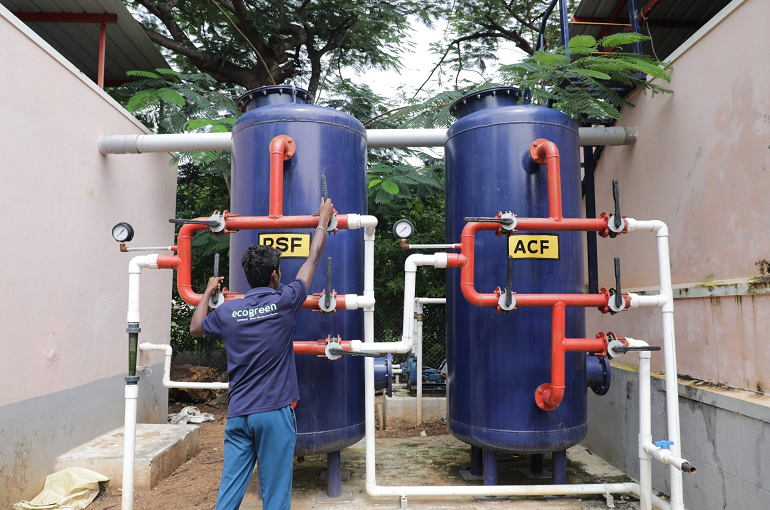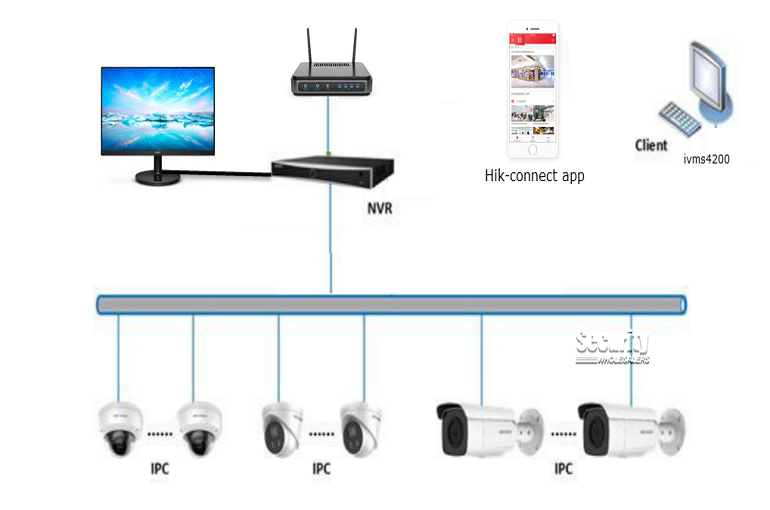Transmission lines are a crucial component of the modern electrical grid system that plays a significant role in transferring electricity from power plants to homes, businesses, and industries. These lines transmit high-voltage electricity over long distances efficiently and safely, enabling the widespread distribution of power to meet the demands of our increasingly electrified society.
The transmission line consists of conductors supported by towers or poles that carry electricity from one location to another. The conductors are typically made of materials such as aluminum or copper, which are good conductors of electricity and have low resistivity. This allows for the efficient flow of electricity over long distances, reducing power losses during transmission.
One of the key advantages of transmission lines is their ability to carry large amounts of electricity over significant distances. This makes it possible to connect power sources, such as wind farms, solar plants, or hydroelectric dams, to population centers where electricity is needed. By enabling the movement of electricity across vast distances, transmission lines contribute to the stability and reliability of the electrical grid.
Furthermore, transmission lines play a crucial role in the integration of renewable energy sources into the grid. Renewable energy generation sites are often located in remote areas with abundant natural resources, such as wind or sunlight. Transmission lines allow for the delivery of this clean energy to urban centers where it can replace traditional fossil fuel-based power generation, reducing greenhouse gas emissions and mitigating climate change.
Despite their importance, transmission lines can face challenges such as right-of-way issues, environmental concerns, and public opposition to new infrastructure projects. Public engagement and collaboration with stakeholders are essential to addressing these challenges and ensuring the successful development and operation of transmission lines.
In conclusion, transmission lines are a vital component of the electricity infrastructure that enables the efficient and reliable distribution of electricity to meet the demands of our modern society. By facilitating the transmission of electricity over long distances, transmission lines support the integration of renewable energy sources and help to build a sustainable energy future.

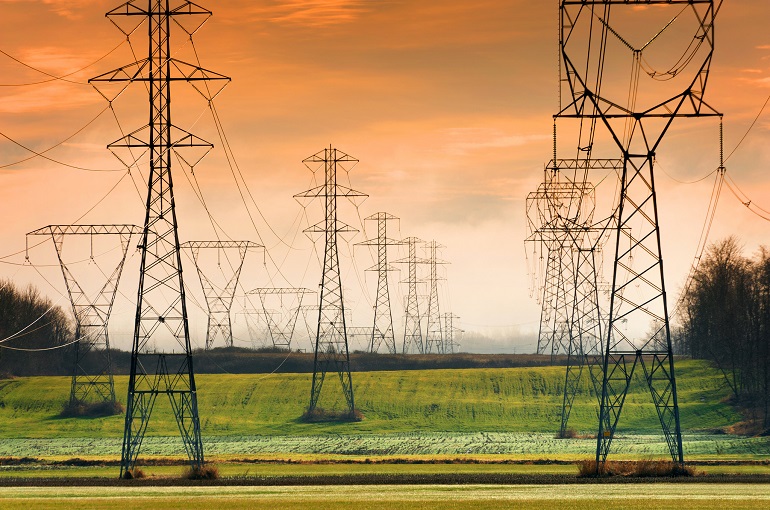
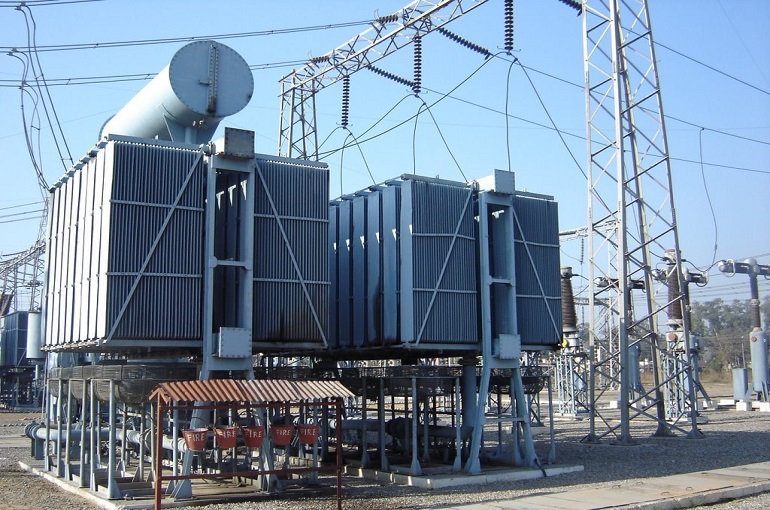
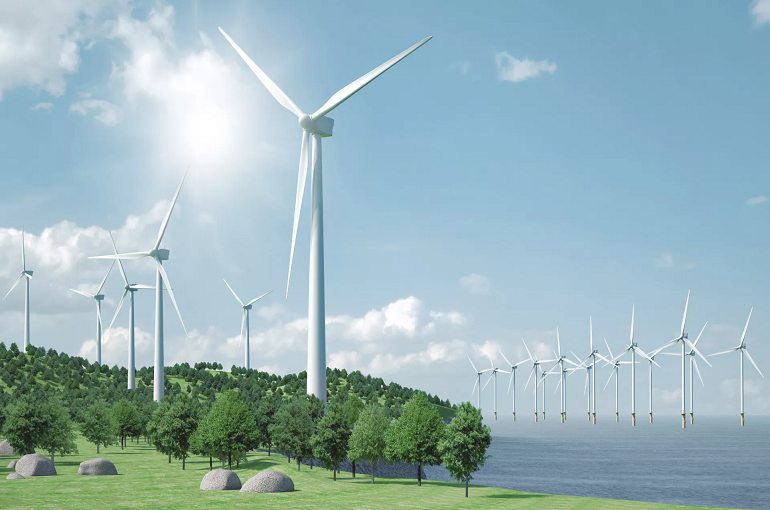
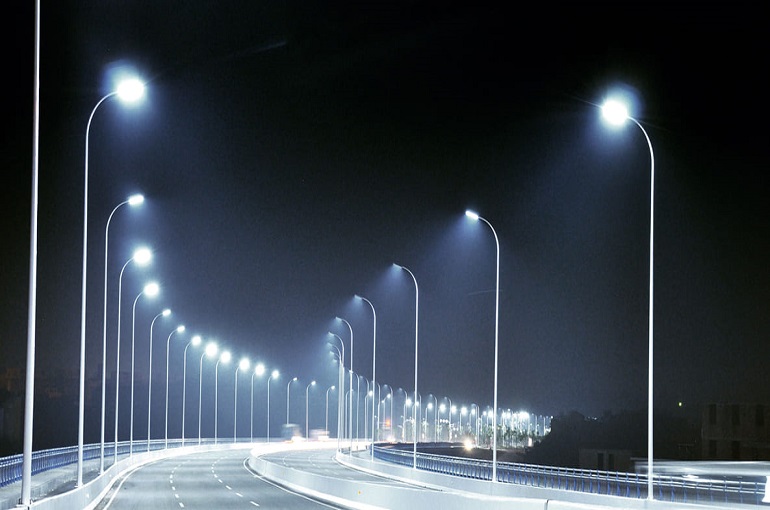
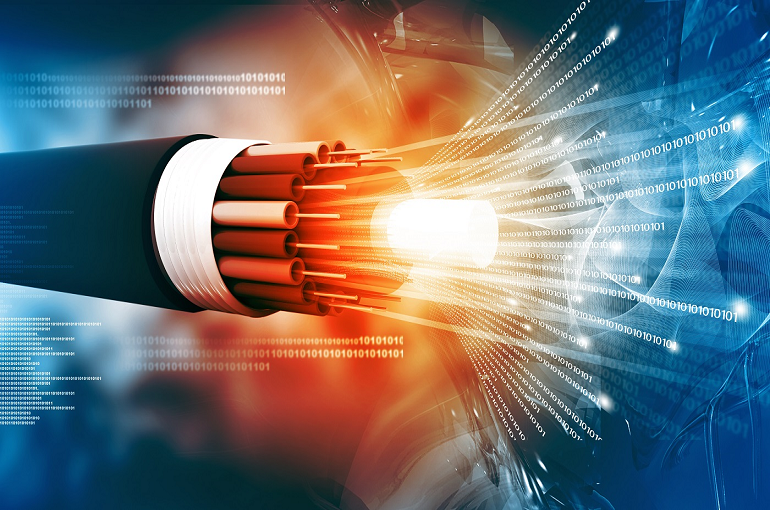
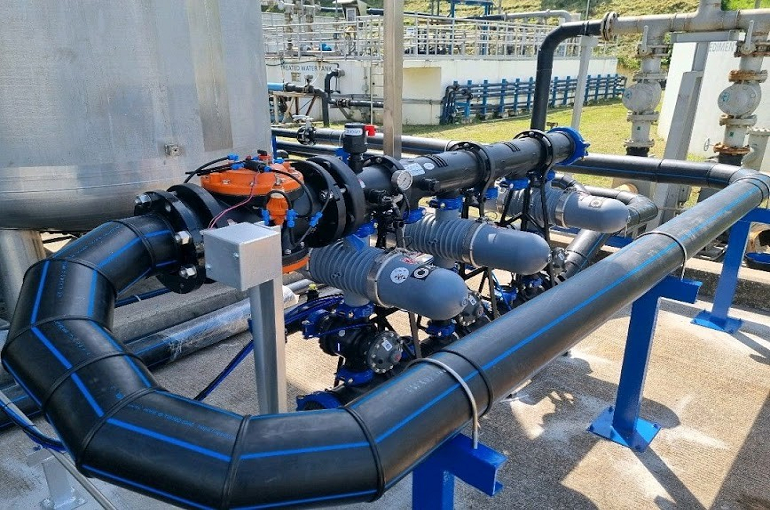
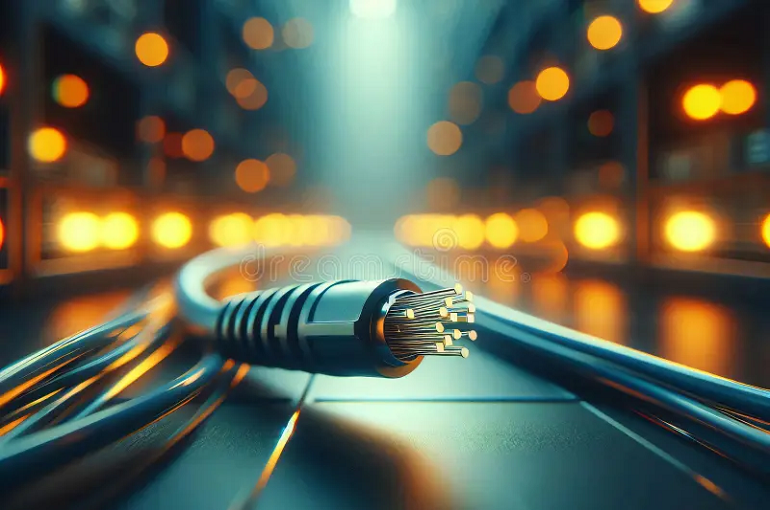
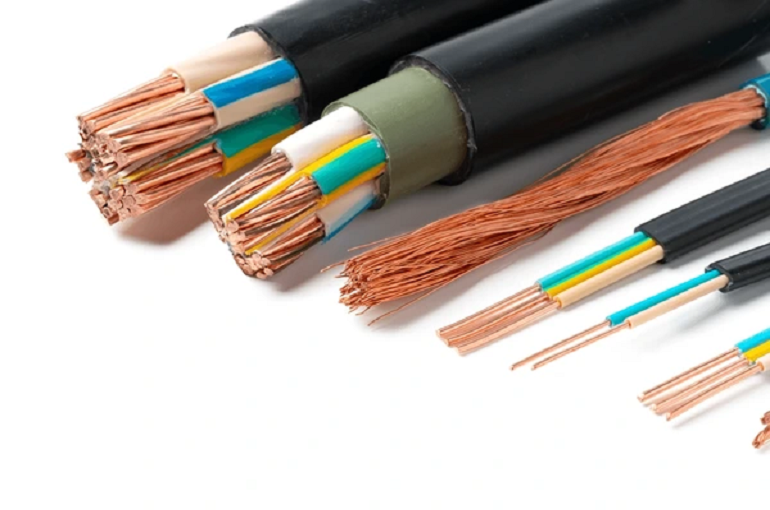
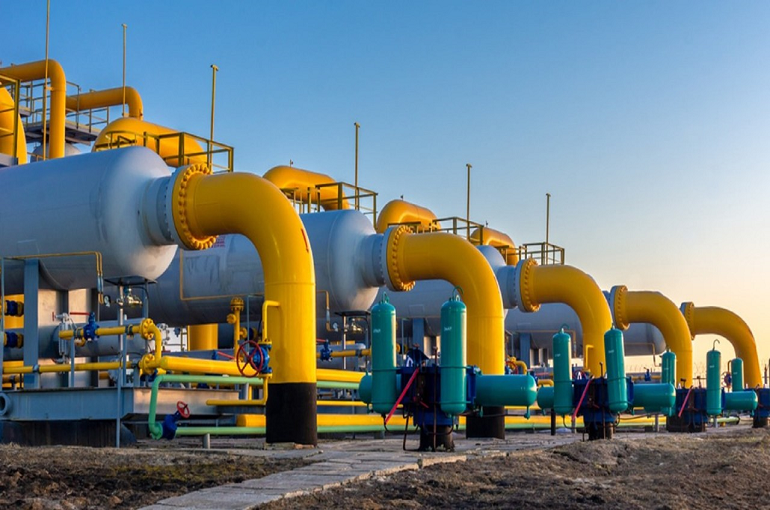
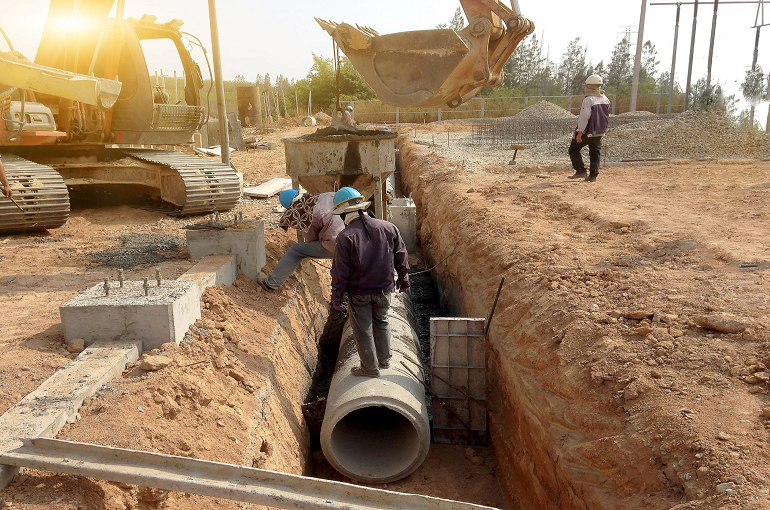
.png)
